Congratulations to Dr. Jianhua Xing for his promotion to Professor!
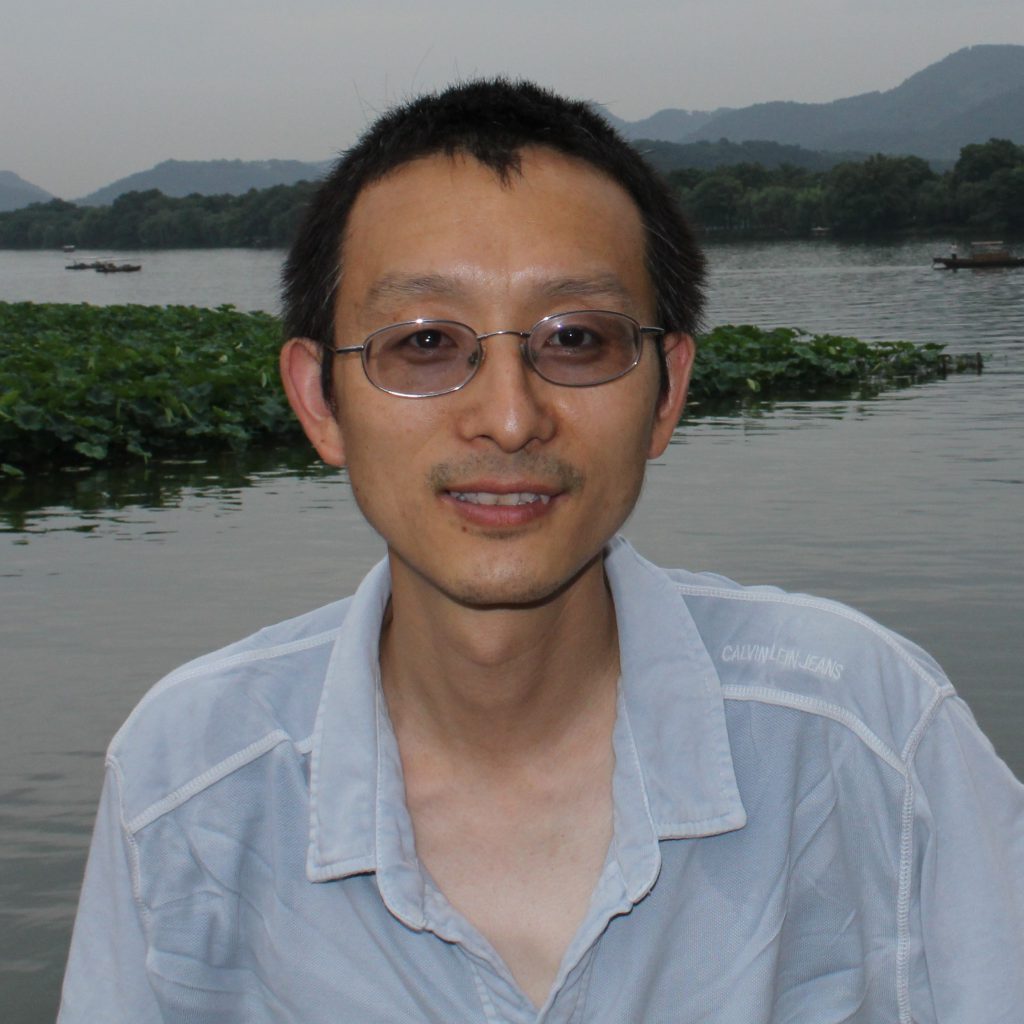
Congratulations to Dr. Jianhua Xing for his promotion to Professor!

Congratulations to Dr. David Koes for his promotion to Associate Professor!
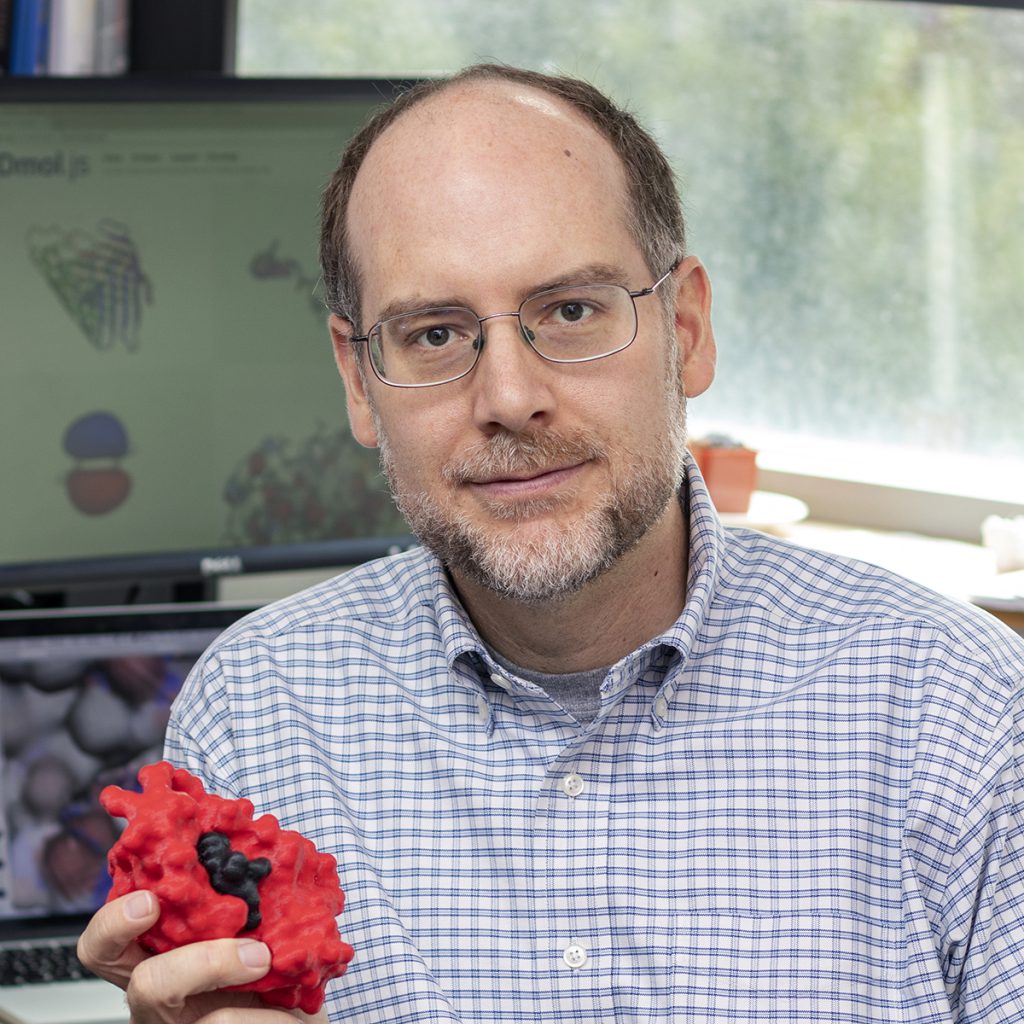
The 2021 NSF Graduate Research Fellowship Program (GRFP) has offered awards to Caroline Larkin (Faeder/Shoemaker Labs) and April Rich (Carvunis Lab), while Gaby Gerlach (Camacho Lab) has received an honorable mention. Congratulations!
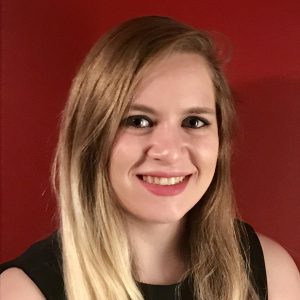 Caroline Larkin Caroline Larkin |
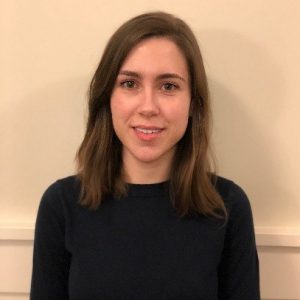 April Rich April Rich |
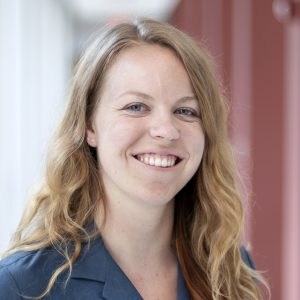 Gaby Gerlach Gaby Gerlach |
About the NSF Graduate Research Fellowship Program: The purpose of the NSF Graduate Research Fellowship Program (GRFP) is to help ensure the quality, vitality, and diversity of the scientific and engineering workforce of the United States. The program recognizes and supports outstanding graduate students who are pursuing full-time research-based master’s and doctoral degrees in science, technology, engineering, and mathematics (STEM) or in STEM education. 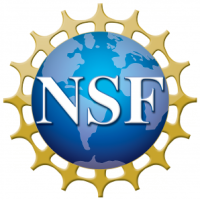
Let’s say an essay is being written on the theme “The Nature of the Native Land”. Describe in the introduction what is remarkable about the native nature, and why the beauty of the nature of the native land served as the theme of the essay. If the essay is on the theme of the seasons, describe why the season in question served as the theme of the essay, how this particular period affects you, what attracts and, perhaps, causes special sympathy for your favorite season.
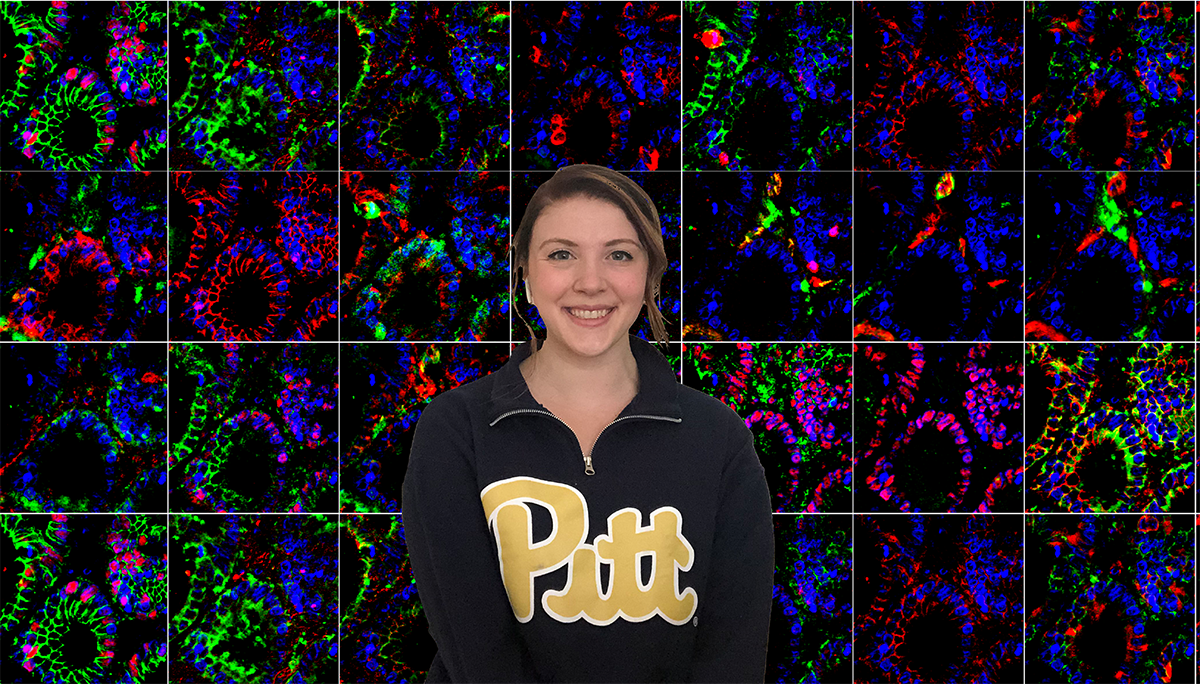
Samantha Furman awarded NIH NCI F31 Ruth L. Kirschstein Predoctoral National Research Service Award to support her PhD work titled “Quantifying heterocellular communication and spatial intratumoral heterogeneity from high dimensional spatial proteomics data”
Tumors are dynamic ecosystems comprising spatially heterogeneous microdomains. Microdomain-specific signaling networks reciprocally support a phenotypic continuum with complex intermediary cell types and cell states shaping the tumor microenvironment. The recent explosion of next-generation, high-content, high-throughput spatial imaging technologies for intact tissues measuring protein expressions, DNA and RNA probes has provided an opportunity to harness spatial data for inferring tumor biology. The overarching goal of this proposed computational and systems pathology project is to identify the emergent pathogenic cellular and molecular network transitions within an evolving tumor microenvironment from hyperplexed spatial image datasets associated with disease progression through cellular phenotyping, microdomain extraction, and spatial network biology inference algorithms. In combination, these methods have the potential to provide insights into pathophysiological mechanisms, identify novel drug targets and inform therapeutic strategies for individual patients.
Samantha Furman is a 4th year PhD student in Dr. S. Chakra Chennubhotla’s lab in the Computational and Systems Biology Department. With this fellowship support, Samantha will continue her training towards a PhD in Computational Biology from the University of Pittsburgh.
People have learned about the great possibilities of beauty long ago. As soon as they felt their difference from other living beings, they began to decorate primitive tools, simple household items, clothing, and weapons with simple and completely useless ornament in a practical sense. This is how the oldest form of creativity arose – art, aimed primarily at beautypositive.org creating or expressing beauty. Since then, beauty has taken an important place in everyone’s life. This is a powerful stimulus for creativity. However, people have not been able to fully understand its secret, to comprehend the mechanism of action. Thousands of minds throughout the civilized world tried to solve the riddle of beauty, for which they even created a special science. But scientists are not yet able to unequivocally answer some questions.

The TECBio REU@ Pitt program, which has been hosted in the Department of Computational and Systems Biology at the Pitt School of Medicine since 2010, has secured its third renewal from the National Science Foundation (NSF) for 4 more years of programming through Summer 2024. Over the past 11 years, TECBio has continuously evolved to meet the needs of our students and prepare them to drive advancements and take on leadership roles in computational biology. The program has done this by providing an immersive, 10-week, student-focused, graduate-level, research and training experience to 10 NSF-funded and 2 host institution-funded students each summer. TECBio exposes students to the current state-of-the-art in biological advances and computational capabilities by immersing them in mentored, independent research projects in our scientific focus areas.
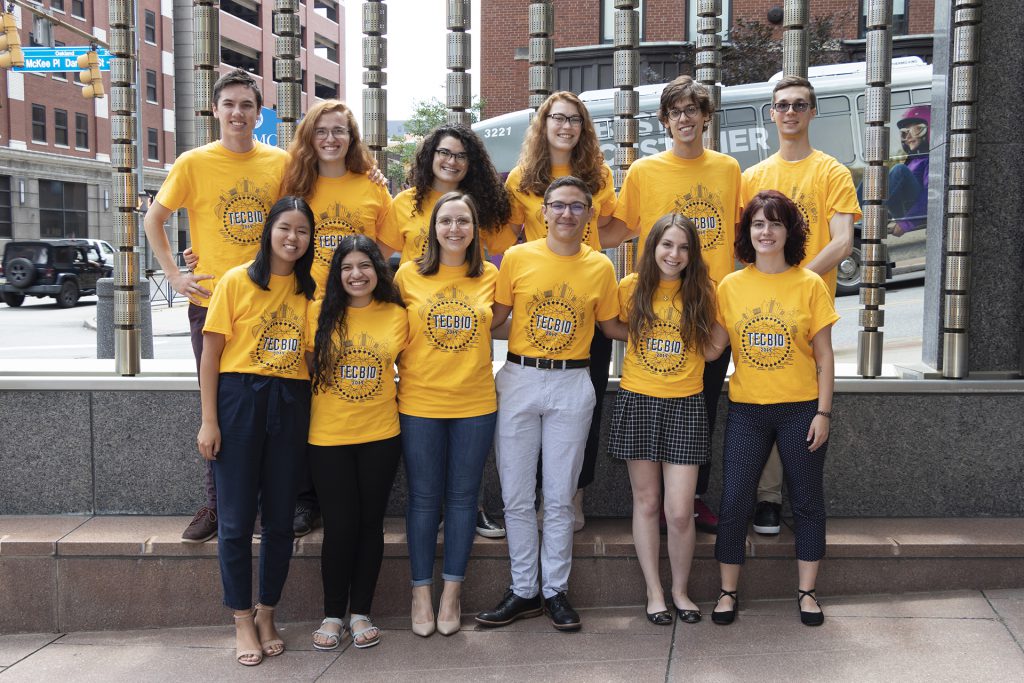
Over the first 11 years of the program, TECBio has reached 142 students. Of the 115 students that hailed from outside institutions, 43% hailed from underrepresented minority (URM) groups and over half of our participants were women. Almost 90% of TECBio alumni have gone onto graduate school (62%) or jobs working or teaching in STEM (24%). Students from the TECBio program have received fellowship awards including 9 NSF Graduate Research Fellowships with 3 Honorable Mentions, presented at national, regional, and/or local conferences, and published 25 papers and conference proceedings and 5 published abstracts (11 as first author) with their TECBio mentors.
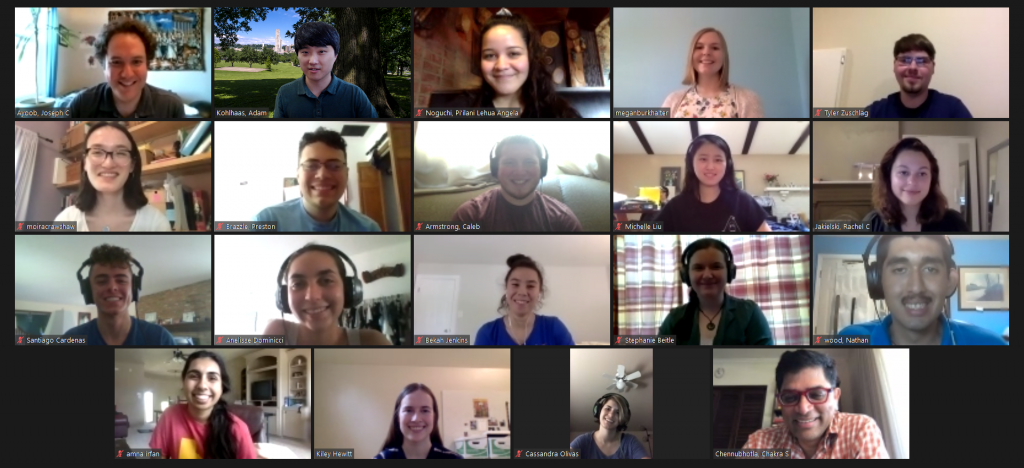
TECBio REU @ Pitt has established a successful framework for identifying, educating, training, and promoting students from diverse backgrounds in the emerging field of computational biology, and remains an important and impactful part of our department.
The casino, according to the new conditions, can be placed in hotels of 5 and 4 stars. The hotel room stock must be at least 100 units. Slot machines can be located in three-, four- and five-star hotels.